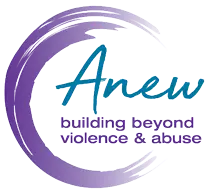COVID-19 fallout challenges domestic violence victims, workers
By: Carole Sharwarko HF Chronicle June 16, 2020 The executive director of a local domestic violence services agency said the low number of requests for services during Illinois’ stay-at-home order don’t tell the whole story about what victims experienced during that time. Jennifer Gabrenya is executive director of South Suburban Family Shelter, a nonprofit in […]
SSFS continues services for those in domestic violence situations
By: Carole Sharwarko HF Chronicle March 25, 2020 Although Illinois has a “shelter in place” directive, South Suburban Family Shelter (SSFS) is still offering services to individuals and families who are in domestic violence situations. Kris Scott of SSFS said the bilingual 24-hour hotline is always open for those in crisis and in need of […]
SSFS launches month of ‘change’ to fight violence
By: Carole Sharwarko HF Chronicle October 11, 2019 – 21:39 Be the Change cards created by South Suburban Family Shelter offer a suggestion for each day in October, Domestic Violence Awareness Month, and were handed out during the Be the Change Celebration. (Carole Sharwarko/H-F Chronicle) With community sing-alongs and a swishing rainbow dress, the South Suburban Family Shelter kickoff event for […]
